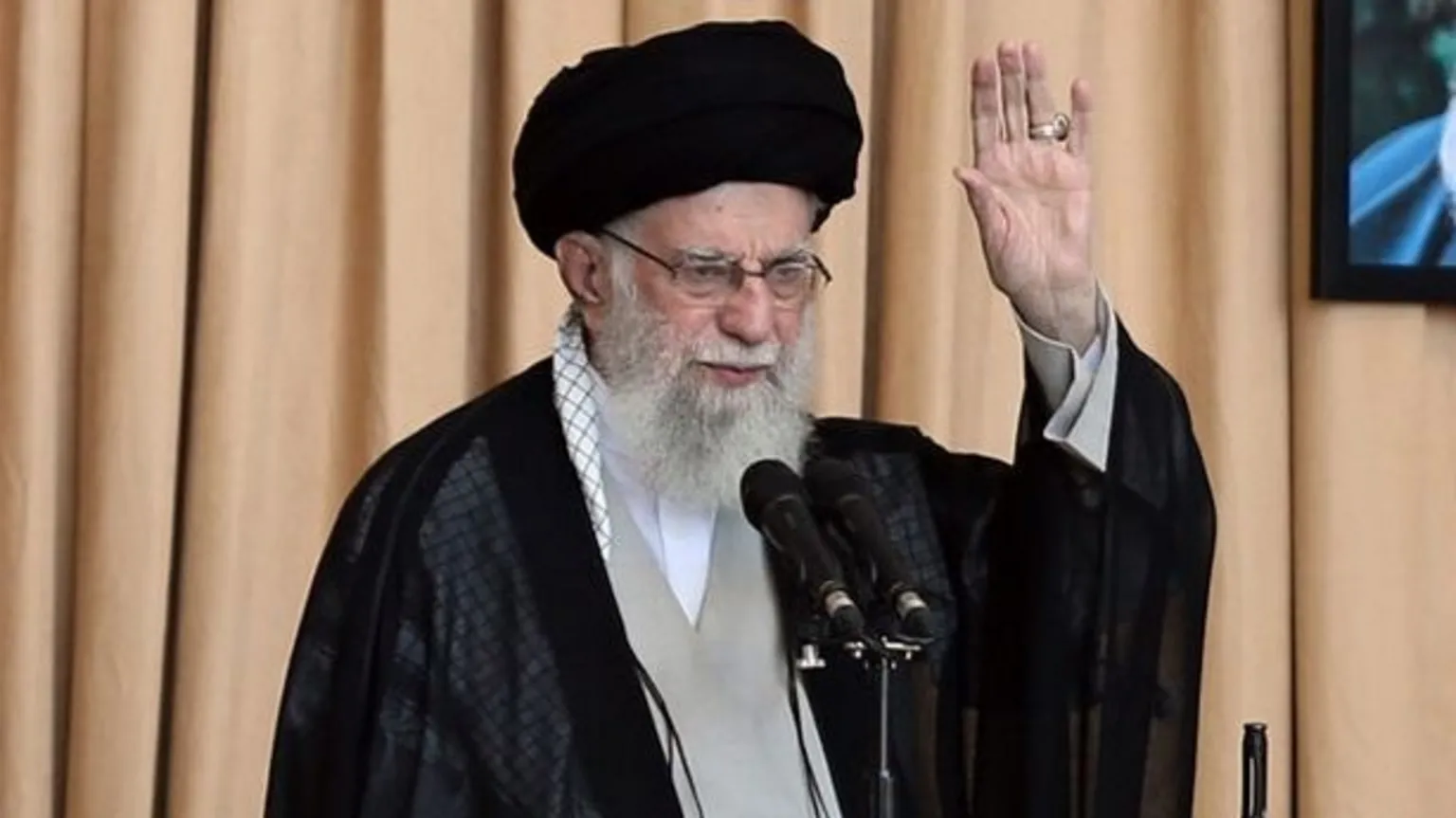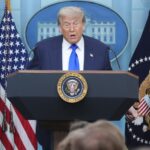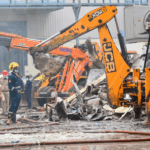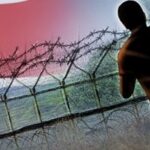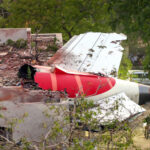Iran’s Supreme Leader Ayatollah Ali Khamenei delivered a rare public address in Tehran on Friday, defending Iran’s recent missile strikes on Israel as “correct, logical, and lawful.” Speaking to a vast crowd at the Grand Mosalla Mosque, Khamenei described the strikes as the “minimum punishment” for what he called Israel’s “astonishing crimes,” including the assassination of Hezbollah leader Hassan Nasrallah.
Iran’s Response and Axis of Resistance
Khamenei’s speech, the first time he has led Friday prayers since 2020, came just days after Iran launched nearly 200 missiles at Israel. The strikes, he claimed, were a direct retaliation for Nasrallah’s killing and were justified under international law. Khamenei expressed full support for Hezbollah and Hamas, labeling their actions as essential for the region and the broader Islamic world. He reiterated Iran’s commitment to backing these groups, which form the so-called “Axis of Resistance” against Israel.
Sign of Strength Amid Regional and Domestic Challenges
The public appearance was seen as an effort to project strength, both domestically and regionally. Khamenei addressed the crowd in both Farsi and Arabic, targeting not only Iranians but also Hezbollah and Palestinian supporters. His presence aimed to dispel rumors that he had gone into hiding following Nasrallah’s assassination. Khamenei also signaled that Iran would not hesitate to retaliate again if Israel responded militarily to this week’s missile barrage.
Iran’s Position in the Regional Conflict
The missile strikes mark a significant escalation in the long-standing conflict between Israel and Iran-backed groups in the region. Khamenei’s speech underscored Iran’s leading role in the “Axis of Resistance,” even as it faces internal unrest and the loss of key regional allies, such as Nasrallah and Hamas leader Ismail Haniyeh, both of whom were recently assassinated in strikes widely attributed to Israel.
By addressing such a large crowd, Khamenei sought to reaffirm Iran’s unwavering stance in its confrontations with Israel while responding to growing external and internal pressures on the regime.

